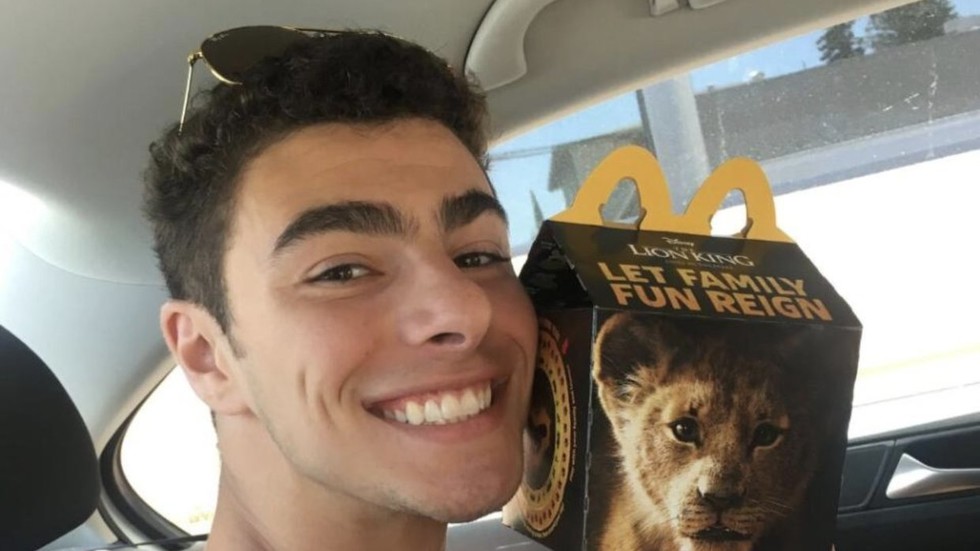Luigi Nicholas Mangione, a 26-year-old Ivy League graduate, has been apprehended in connection with the murder of Brian Thompson, the CEO of UnitedHealthcare, in New York City. The shooting incident occurred early one Wednesday morning when Thompson was ambushed by a masked assailant. After the attack, the suspect reportedly fled to Central Park, abandoning a backpack before vanishing. The New York Police Department (NYPD) managed to locate Mangione at a McDonald’s in Altoona, Pennsylvania, approximately 440 kilometers from New York City, where he was arrested after an employee recognized him from a wanted poster. During the arrest, police discovered a firearm equipped with a silencer that matched the description of the weapon used in Thompson’s murder, further substantiating their suspicions about Mangione’s involvement.
Investigators believe that Mangione’s motive for the attack is linked to frustrations regarding the healthcare system, particularly in relation to the treatment of a sick family member. This insight comes from unnamed sources and adds a complex layer to the case, suggesting that the crime may not be merely premeditated violence but rather a manifestation of unresolved personal grievances against the healthcare industry. Mangione’s background sheds additional light on his character; he is a Towson, Maryland native, who graduated as valedictorian from a prestigious high school before earning a bachelor’s and master’s degree in computer science from the University of Pennsylvania. Prior to his arrest, he had worked for a car company in California but was last known to be residing in Hawaii.
His social media activity further complicates his narrative, displaying a blend of interests that range from climate activism to philosophical inquiries. As of Monday evening, Mangione’s online presence remained active, showcasing a particular focus on various social issues, including fitness and the promotion of lab-grown food, alongside controversial philosophical readings. Notably, his interactions on social media included praising influential figures and authors, expressing interest in subjects as diverse as human interaction and spirituality, and voicing concerns related to birth rates. His reading list, which publicly includes titles from diverse thinkers, indicates a person deeply engaged with contemporary debates and ideological discourses.
Among the noteworthy books he is reported to have read is “Industrial Society and Its Future” by Ted Kaczynski, more widely known as the Unabomber, renowned for his radical critiques of modern society. Such associations might raise eyebrows regarding Mangione’s ideological stance and could suggest underlying tensions that contributed to his extreme actions. The NYPD has indicated that they are keen on further understanding these elements as they investigate the motive behind the assassination. Along with a sinister manifesto found during the arrest, which contained derogatory remarks about perceived societal “parasites,” these revelations indicate a psychologically complex perpetrator whose motivations may extend beyond mere personal grievances.
Mangione had resorted to using a false identity, showing a fake ID with the name “Mark Rosario” during his arrest, which matched the alias he previously used when renting accommodations in New York City. This level of premeditation and disguise suggests careful planning leading up to the murder, reinforcing the notion that he was intent on evading capture. His actions have drawn intense media scrutiny, not only because of the high-profile nature of the victim but also due to the unusual and extreme motivations behind the crime. NYPD Commissioner Jessica Tisch highlighted the complexity of the case during a press conference, underscoring their current focus on analyzing Mangione’s personal context and his grievances against the healthcare system.
As the investigation unfolds, authorities are working hard to piece together the full scope of Mangione’s actions and intentions. They seek to understand not just the logistics of the crime but also the underlying narrative that compelled him to commit such a highly visible act of violence against a prominent figure in the health industry. Given Mangione’s educational background and intellectual pursuits, there is a noteworthy tension present in this case, pitting a seemingly rational individual against an emotional and tragic narrative rooted in personal loss and frustration. The community is left grappling with questions of how societal pressures can lead to horrific actions and what this case may reveal about the intersection of mental health, personal grievances, and violent expressions of discontent.
Overall, Mangione’s arrest has ignited dialogue regarding mental health, the responsibilities of the healthcare system towards patients, and the threats posed by individuals who feel disenfranchised. This incident serves as a stark reminder of the potential consequences that can arise from unresolved personal trauma and broader societal issues. As the story develops, both the public and law enforcement will be watching closely to see how Mangione’s complex character and troubling motive are unraveled in the coming weeks. The call for addressing the frustrations across the healthcare system—and how they manifest in real-world violence—has begun to resonate within community discussions, making this case an unsettling focal point for broader societal reflection.

